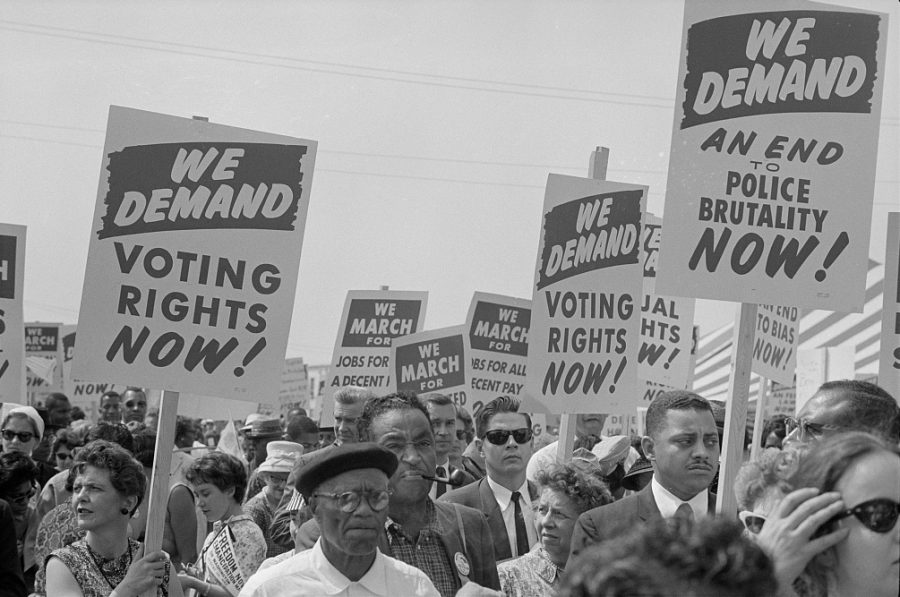Written by Amanda Lee
In 1912, Carter G. Woodson became the second African-American in history to complete a doctorate degree at Harvard University. Three years later, at the 50th emancipation anniversary celebration in Chicago, Woodson created an African-American history display. Through this event, he realized the need to teach others about black history and he went on to help form Black History Month and write “The Mis-Education of the Negro.”
Woodson and Minister Jesse E. Moorland founded the Association for the Study of Negro Life and History in 1915, now the Association for the Study of African-American Life and History, aiming to educate others about the role African-Americans have played in history. To achieve this goal, the association organized a weeklong event to bring attention to African-American history. They chose the second week of February since it is the week of the birthdays of abolitionist Frederick Douglass and former president Abraham Lincoln.
The Association first promoted the event in Feb. 1926 as Negro History Week, and it was an immediate success. People across the country formed history clubs, attended lectures and even held celebrations. After World War I, African-Americans started to move into cities where the growing middle-class championed their culture. To them, Negro History Week was the perfect way to honor their legacy. In the years that followed, more and more cities started to recognize the event. Woodson started the Negro History Bulletin in 1937 to help teachers educate their students.
During the 1960s, when America was in the midst of the Civil Rights Movement, some colleges extended the week into a month. President Gerald Ford officially designated February as Black History Month in 1976, encouraging Americans to “seize the opportunity to honor the too-often neglected accomplishments of black Americans in every area of endeavor throughout our history.” Every year since then, the President proclaims February as Black History Month, and the Association establishes a theme.
This year, the theme of Black History Month is “The Crisis in Black History.” The Association aims to put a spotlight on underfunded urban public schools and the achievement gap, but also commemorate the efforts of African-Americans who fought for the right to go to school or built their own schools in a time when society forced them to forgo education.












